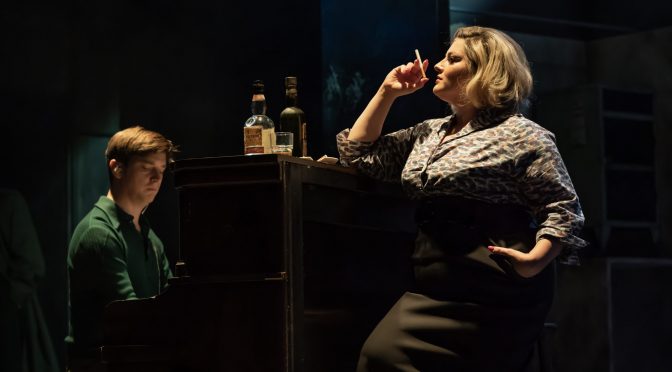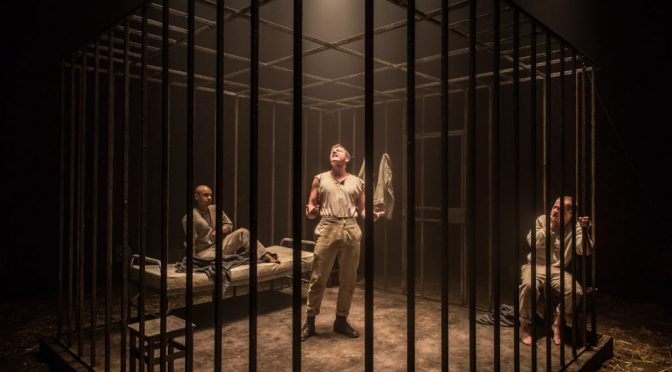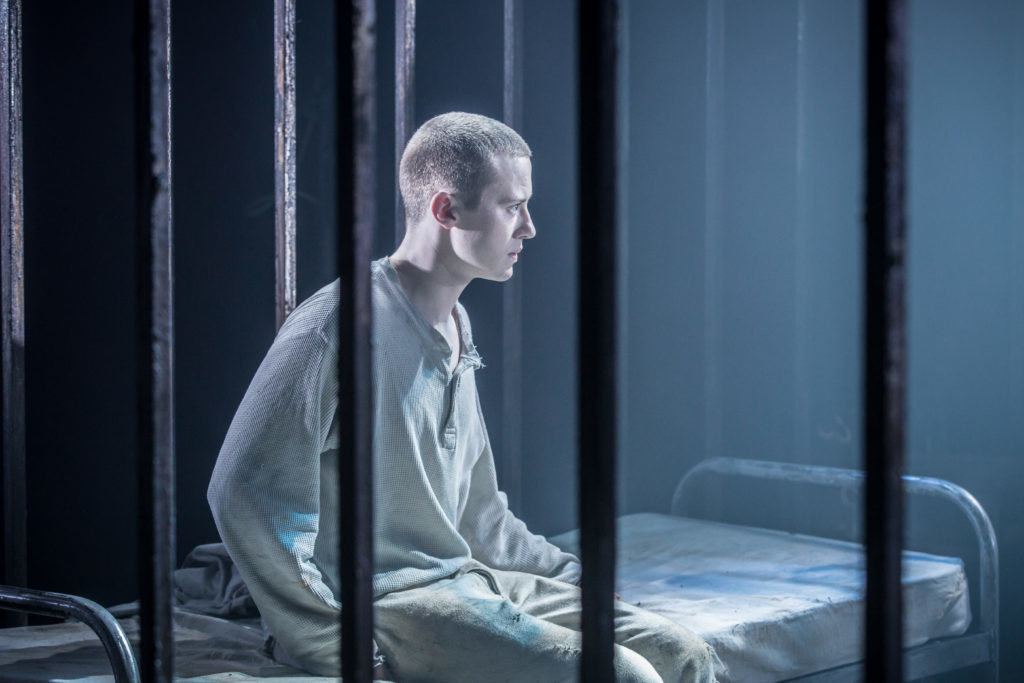More than 60 years after the play’s premiere, and three years since he first directed it at the National Theatre, Bijan Sheibani’s new revival continues to show that Shelagh Delaney’s superb play is as fresh as you could wish.
Sheibani adds a sophisticated flourish to the production with an on-stage three-piece band and music from Benjamin Kwasi Burrell. Popular songs provide introductions to characters and ease the play’s episodic structure. Although sometimes elegiac, the music adds an energy to the show that, despite my admiration for the text, is admittedly needed.
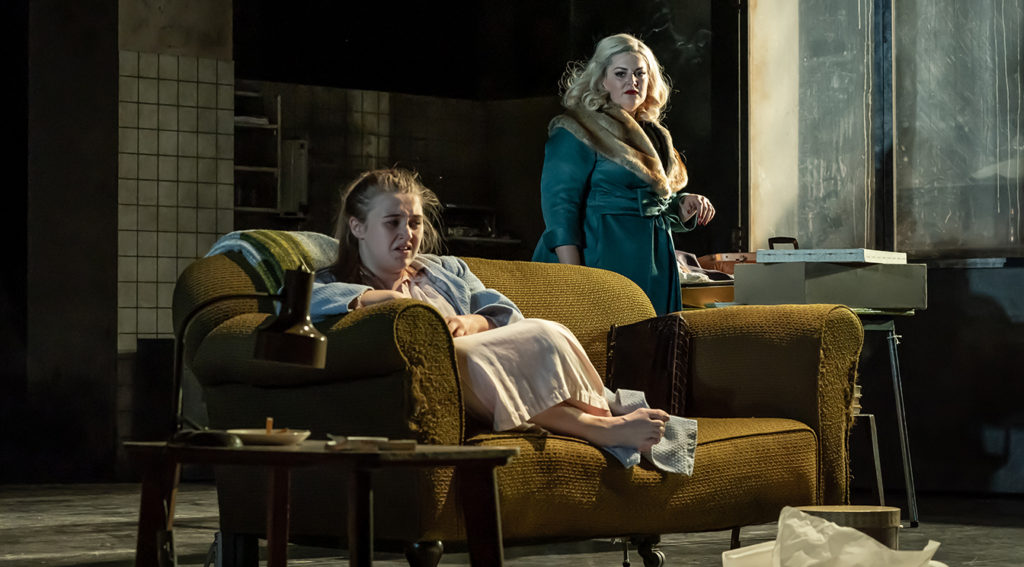
As well as putting some soul into Salford, Sheibani’s close knowledge of the piece has led to sharp performances that do justice to Delaney’s wonderful characters. Jodie Prenger is great as the wicked mother Helen: razer sharp and brutally honest, she’s funny and smart even if you wouldn’t want her as a family member. Gemma Dobson plays her daughter Jo with bold intelligence. Refusing to make the character too sympathetic, she’s a brittle teenager who is frequently unappealing. The bickering matches between the two women are a highlight but the humour is controlled; A Taste of Honey isn’t a comedy no matter how funny both women are. Moments of hope, fear and pain are all regularly glimpsed and then hidden with frightening speed.
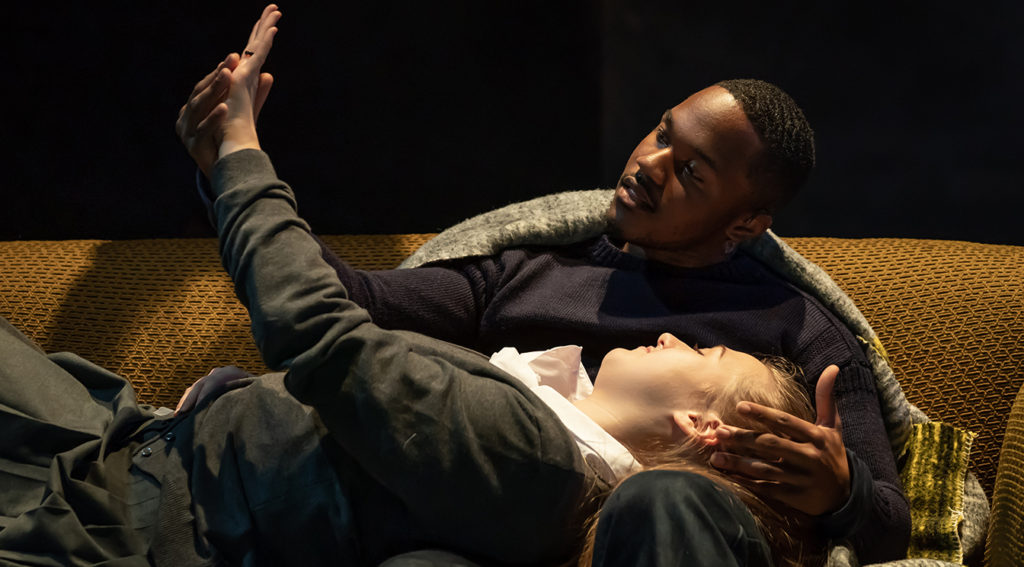
Performances from the men in both women’s lives are just as good. Durone Stokes makes a dashing love interest for Jo, while Tom Varey plays Helen’s new husband just the right side of villain. Stuart Thompson may have the trickiest role as Geof – Delaney’s precocity gets the better of her characterisation here, it’s amazing to think she wrote the play at 19 – but his performance is still one to be proud of.
That the play is concerned with Northern working-class lives still feels unusual. Treating its central female characters as intelligent and complicated remains depressingly rare. While rooted in its time and place, Sheibani’s production shows a play that’s still for today; a piece he makes it easy to relate to, while never compromising on Delaney’s distinctive voice.
Until 29 February 2020
Photos by Marc Brenner

